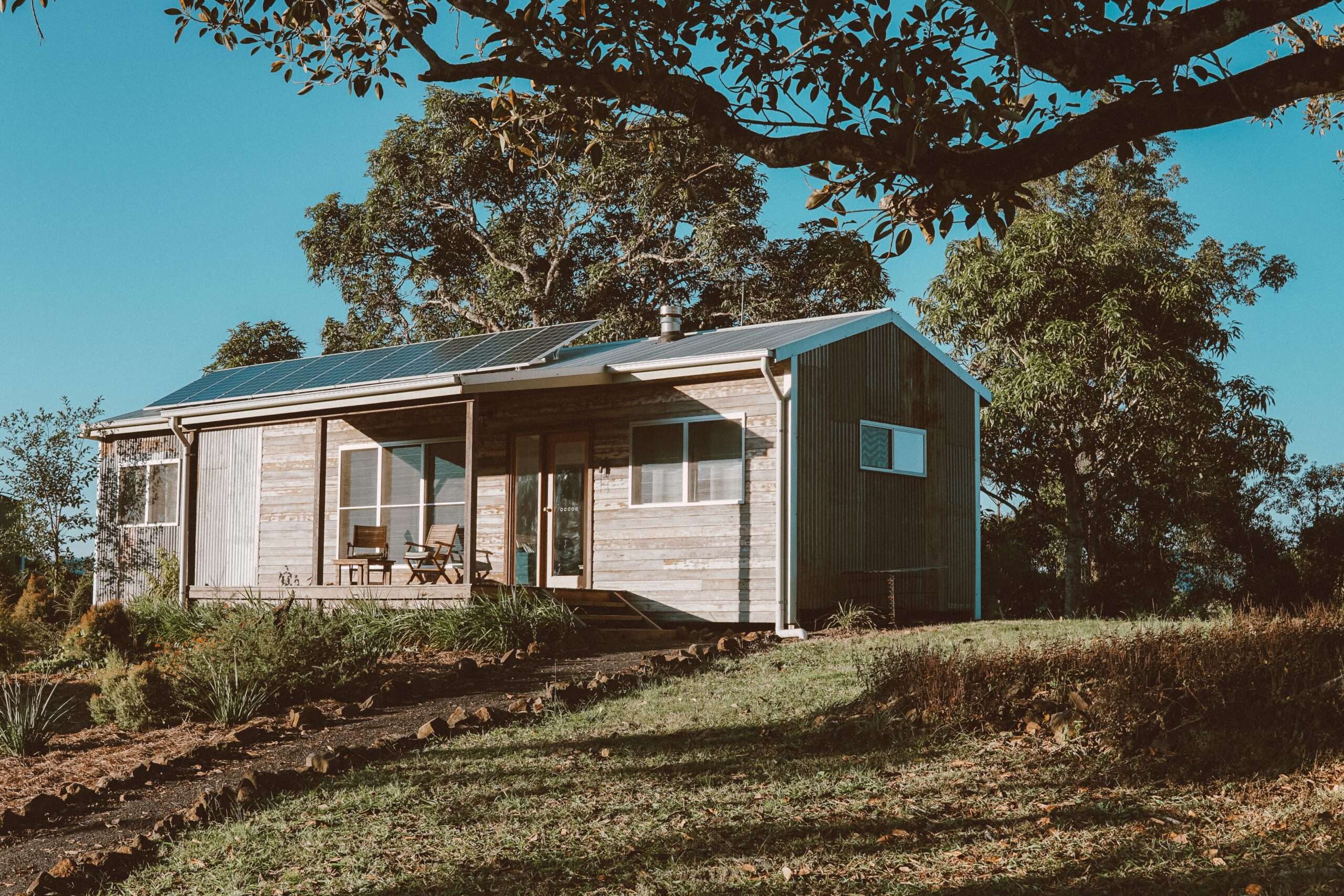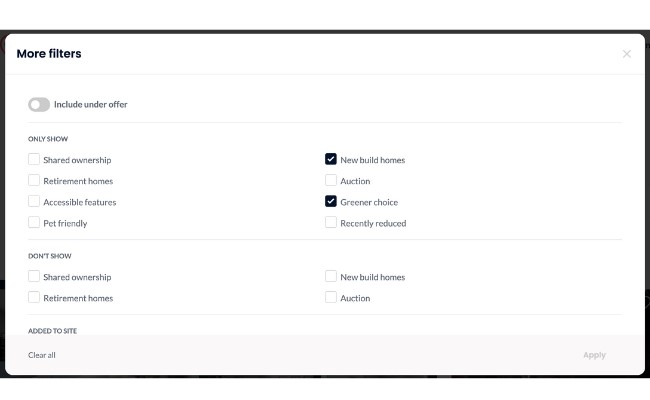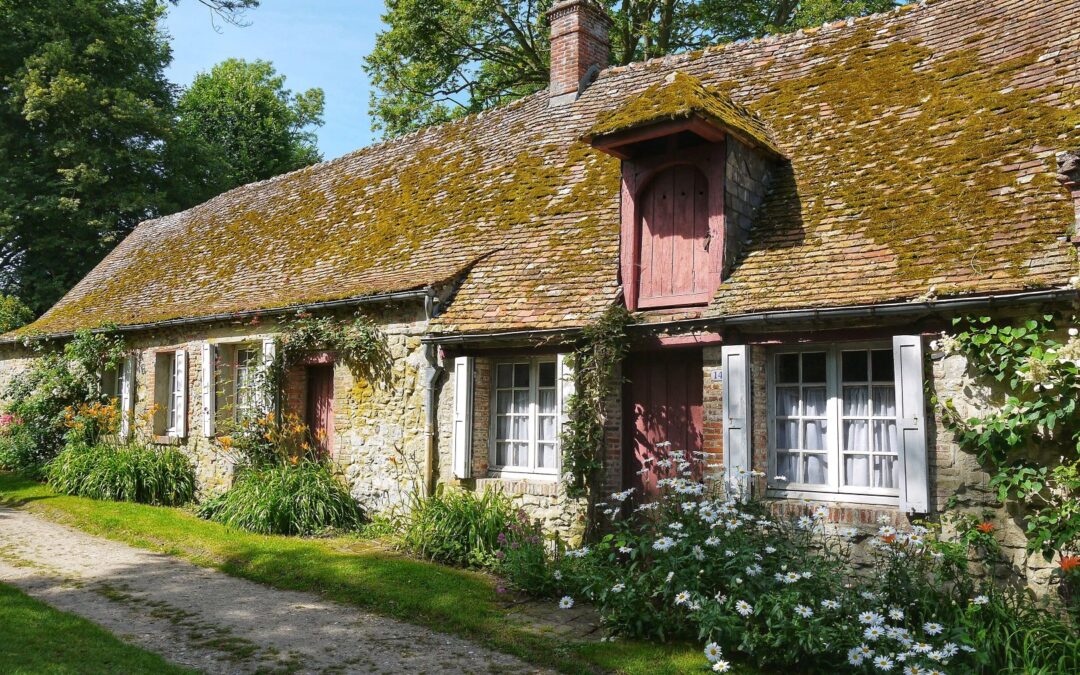A recent report from the Home Builders Federation (HBF) has highlighted the importance of educating property seekers on the potential energy savings resulting from ownership of a new build property.
The report, Watt a Save, looked at the financial benefits and carbon efficiency of new homes and analysed government data on the energy efficiency of new build versus existing homes. The results showed that new build properties saved an average of just over £2,000 per property each year in energy bills. The average annual running costs totalled £1,500, compared to an average of £3,570 for older properties.
New build homes were found to significantly reduce energy usage, with the average new build using approximately 100 kWh per m2 each year. In comparison, older properties require an average of 259kWh per m2. In addition, 84% of new build homes were found to be rated with an EPC of B or above, but less than 4% of existing dwellings reached the same standard.
Discussing the findings, John Doyle, Head of New Homes at OnTheMarket, says: “As mortgage affordability and rising living costs make things more challenging for buyers, it’s encouraging to see that consumers who opt for new build homes can make a saving of up to £2,000 a year on their monthly energy bills. It’s important that developers educate the moving public about these savings at a time when increasing energy costs are also in the spotlight. The fact that over 80% of new homes being built with an EPC rating of A or B is a real selling point for developers as they look to attract serious buyers.
“It’s essential that people are educated more on how their properties are energy efficient and what their EPC ratings actually mean, so they can better understand the financial implications.
“Interestingly, a recent OnTheMarket consumer survey found that 29% of respondents had reassessed the type of property they were looking for as a direct result of rising energy costs. Of that cohort, 89% said that energy efficient homes were more important to them now than previously.
“Our data further emphasises the need to continue educating movers on essential energy efficient features and EPC ratings, especially when property purchasing decisions could have significant impacts on their energy bills.”
Jack Brayshaw, Head of Technical Innovation at Vistry Group, welcomes the HBF analysis of the benefits of living in a new home from an environmental and cost point of view. He explains: “We know that new homes have a lower energy demand due to the excellent levels of insulation compared to existing homes, which can naturally lead to lower energy bills.”
Jack concludes: “As new building regulations are enforced from June 2023 and again from 2025, new build homes will again widen the gap further in terms of energy efficiency and impact on the environment, as fossil fuels are phased out from our homes and carbon emissions are cut by up to 80%.”
OnTheMarket has taken steps to provide property seekers with more information on a property’s energy performance with the introduction of our ‘Greener choice’ filter. The tool provides browsers suitable listings that have less impact on the environment.
With consumers now able to search directly for energy efficient properties, it’s increasingly important that new home listings detail relevant features clearly in order to take advantage of the growing interest and added exposure.
If your new developments have energy efficient appliances, are low carbon, have an EPC rating of A or B, benefit from features such as solar panels or electric charging points, these properties will be found more easily by including these details in the description.
Start including relevant keywords and eco-friendly, energy-efficient information in your listings today to help your developments stand out.






